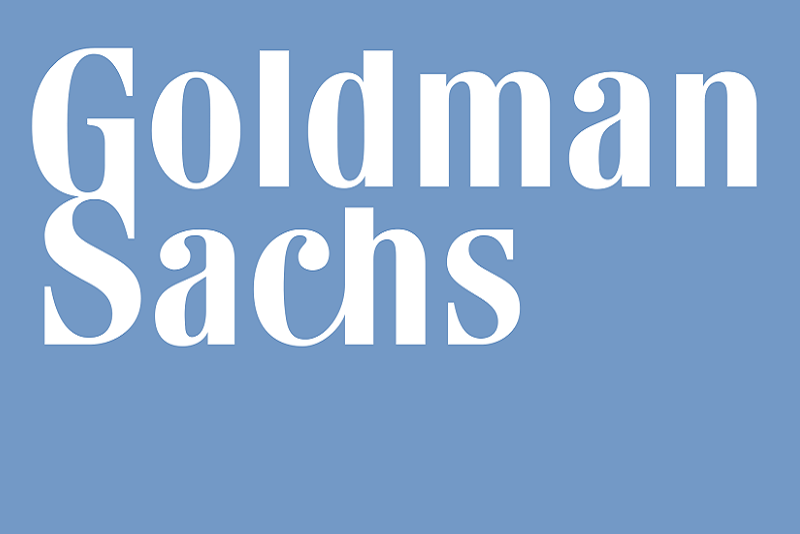BROWSE BY TOPIC
- Bad Brokers
- Compliance Concepts
- Investor Protection
- Investments - Unsuitable
- Investments - Strategies
- Investments - Private
- Features/Scandals
- Companies
- Technology/Internet
- Rules & Regulations
- Crimes
- Investments
- Bad Advisors
- Boiler Rooms
- Hirings/Transitions
- Terminations/Cost Cutting
- Regulators
- Wall Street News
- General News
- Donald Trump & Co.
- Lawsuits/Arbitrations
- Regulatory Sanctions
- Big Banks
- People
TRENDING TAGS
Stories of Interest
- Sarah ten Siethoff is New Associate Director of SEC Investment Management Rulemaking Office
- Catherine Keating Appointed CEO of BNY Mellon Wealth Management
- Credit Suisse to Pay $47Mn to Resolve DOJ Asia Probe
- SEC Chair Clayton Goes 'Hat in Hand' Before Congress on 2019 Budget Request
- SEC's Opening Remarks to the Elder Justice Coordinating Council
- Massachusetts Jury Convicts CA Attorney of Securities Fraud
- Deutsche Bank Says 3 Senior Investment Bankers to Leave Firm
- World’s Biggest Hedge Fund Reportedly ‘Bearish On Financial Assets’
- SEC Fines Constant Contact, Popular Email Marketer, for Overstating Subscriber Numbers
- SocGen Agrees to Pay $1.3 Billion to End Libya, Libor Probes
- Cryptocurrency Exchange Bitfinex Briefly Halts Trading After Cyber Attack
- SEC Names Valerie Szczepanik Senior Advisor for Digital Assets and Innovation
- SEC Modernizes Delivery of Fund Reports, Seeks Public Feedback on Improving Fund Disclosure
- NYSE Says SEC Plan to Limit Exchange Rebates Would Hurt Investors
- Deutsche Bank faces another challenge with Fed stress test
- Former JPMorgan Broker Files racial discrimination suit against company
- $3.3Mn Winning Bid for Lunch with Warren Buffett
- Julie Erhardt is SEC's New Acting Chief Risk Officer
- Chyhe Becker is SEC's New Acting Chief Economist, Acting Director of Economic and Risk Analysis Division
- Getting a Handle on Virtual Currencies - FINRA
ABOUT FINANCIALISH
We seek to provide information, insights and direction that may enable the Financial Community to effectively and efficiently operate in a regulatory risk-free environment by curating content from all over the web.
Stay Informed with the latest fanancialish news.
SUBSCRIBE FOR
NEWSLETTERS & ALERTS
Goldman Sachs’ $2.8Bn Bond Deal – Is the Outrage Justified?
So, Goldman Sachs purchased $2.8 billion worth of bonds issued in 2014 by the state oil company Petroleos de Venezuela, or Pdvsa, at a 70% discount. At that price, the bonds will throw off an implied annual yield north of 40%.
Was it wrong for Goldman Sachs to invest in bonds issued by a country whose citizens are in near revolt and where the treasury has barely enough ready cash to feed its people - let alone enough to pay off its mountains of debt?
Falling oil prices and years of economic mismanagement when oil revenues were high, have led to triple-digit inflation. Most Venezuelans can barely afford the necessities, while those who can are having trouble finding basic supplies.
Opposition lawmaker Julio Borges, who leads Venezuela’s National Assembly, thinks Goldman was wrong. He wrote a letter to Lloyd Blankfein accusing Goldman Sachs of looking to make a “quick buck off the suffering of the Venezuelan people” and helping to support a government that reportedly has used violence against its protesting citizens.
Goldman responded by saying it didn't purchase the bonds from or interact with the government, and that the bond is held by numerous other institutional investors – including mutual funds and ETFs.
And Goldman implicitly shares the conviction of other global investors who bet that emerging market economies, regardless of their political and economic challenges, will continue to, not only, pay off their existing debt, but will sell more of these types of bonds. After all, how can a country like Venezuela, where oil revenues accounts for 95% of the country’s foreign currency, dare to default on its monstrous debt.
The bottom line, in our opinion, Goldman Sachs was justified in making its purchases, and that the expressed outrage was simply a political statement by Venezuela’s opposition.





